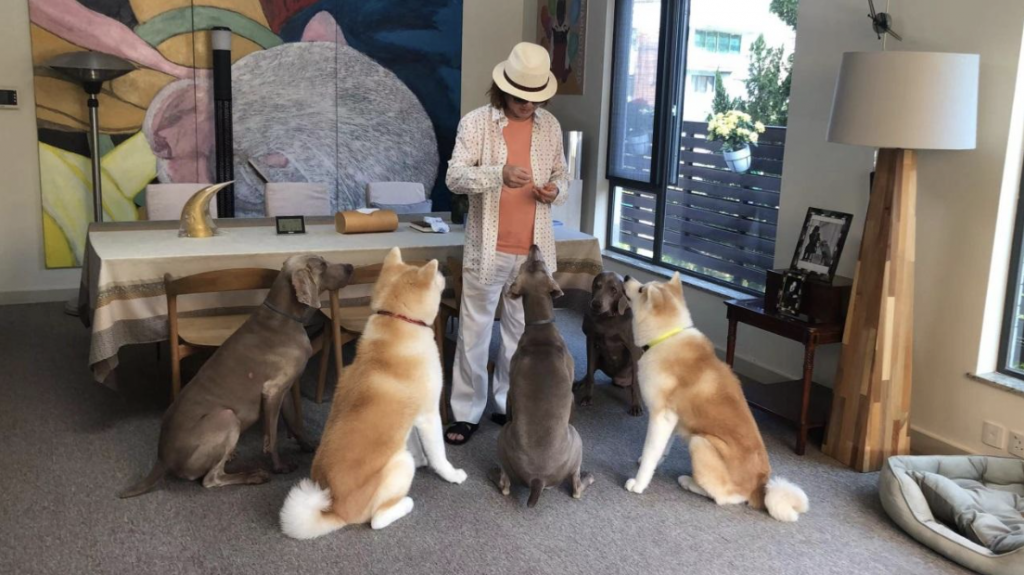Recently, Chengdu has been in the Internet spotlight. This city with a long history, which used to be dominated by old courtyards, is now refreshingly new under the careful creation of community workers.
In the alleys along the street, young people are walking leisurely with their pets, and giant poker-shaped placards can be seen everywhere along the roadside. These are the 13 community pet-friendly conventions developed through democratic consultation, such as “Walk your dog with a leash and a mask” and “Do not touch other people’s pets without the owner’s permission.”

Next to the placard, there is a small metal box with pouches for pets to pick up their poop.
In addition to creating an atmosphere, there are many pet-friendly businesses in the area. There are pet-friendly signs posted at the entrance of the shops, and customers are allowed to bring their pets into the store, and there is pet-friendly furniture at the entrance, and free food and water for stray animals.
Not only is the shop open to pets, but the community office is also open to pets, with several pet-friendly bowls and plates containing water and food. These are prepared by the community workers for the stray animals that come in and out of this place on a regular basis.
Pets, or companion animals, are an integral part of our lives. The presence of these pets is important to alleviate the conflicts and conflicts between people and pets in order to truly enhance the happiness of the community residents. This “two-way pet-friendly community” in Chengdu has created a very good model for us.
“The two-way pet-friendly community is just a soft cut in community governance, which is sufficient for ’empathy’ and can help us work better with youth groups. The core of a pet-friendly community is multi-faceted, and it is an attempt to create a youth-friendly community as well as an exploration to promote the creation of a civilized model city,” said an official in an interview.
Coincidentally, just a few days ago, after the two ministries issued a pilot program for building complete communities, the World Dog Alliance (WDA) sent a letter through the relevant channels suggesting that government departments consider including “creating spaces for companion animals” in their planning for “improving community service facilities.
WDA’s Founder, Genlin said, “Harmony between humans and nature is the basic principle of ecological civilization in China, and one of the most important aspects is the harmonious coexistence between humans and animals. The inclusion of the needs of companion animals is even more symbolic than practical. It represents a pattern of city managers, and the civilization of urban management. To create a two-way friendly community for people and pets, to build a community of life for people and nature, a trinity of people, animals and the environment, and a sustainable planet.”

